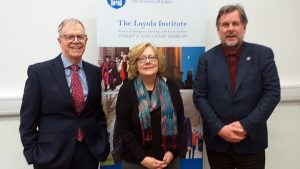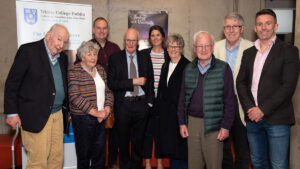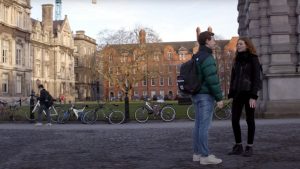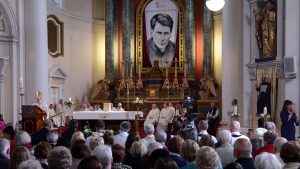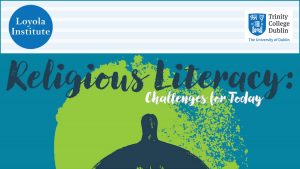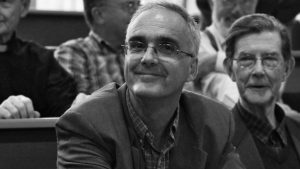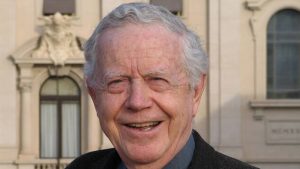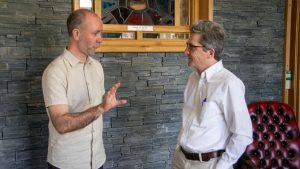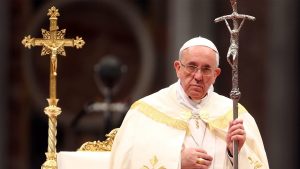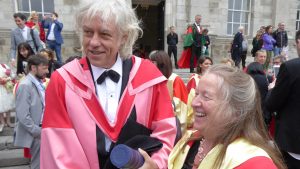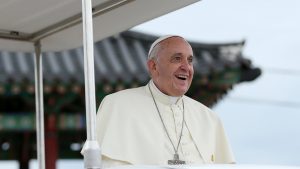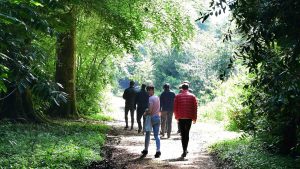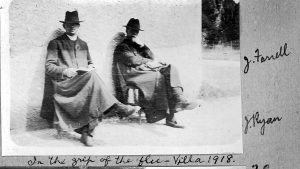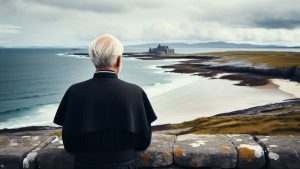God and Politics in the new millennium
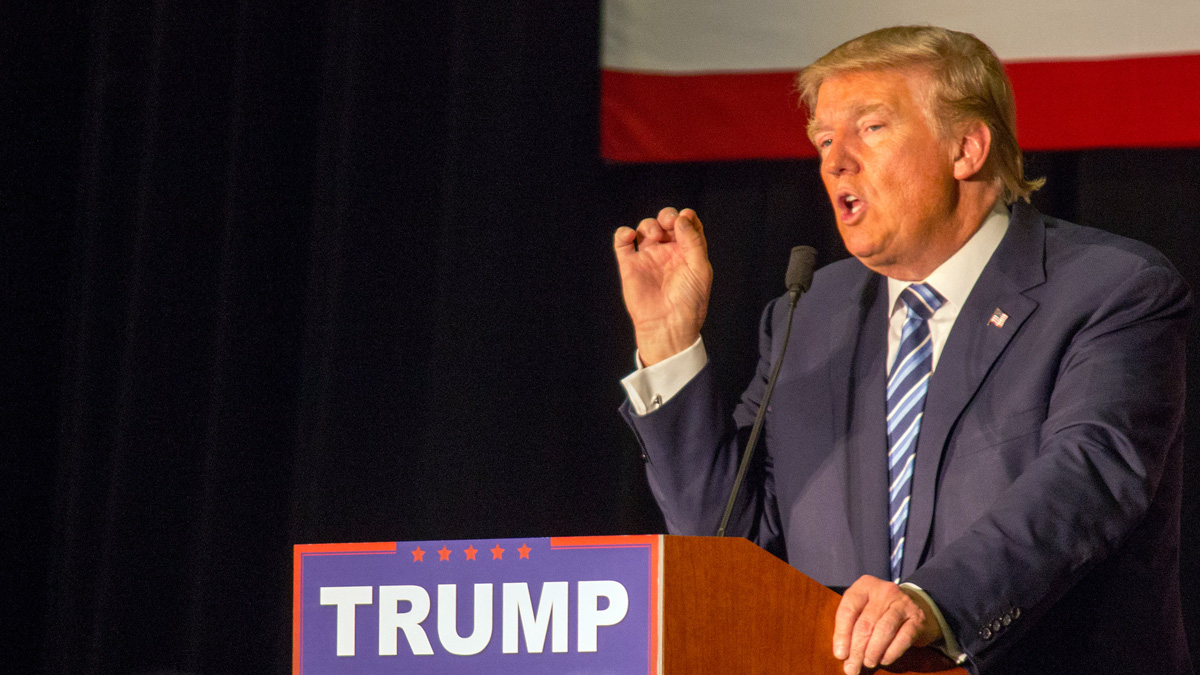
The Loyola Institute Trinity College » will host an open evening on Monday 12 May 2025, 6.30 -8.00 pm, and an open day on Saturday 24 May 11am – 2.30pm.
Dr Michael Kirwan SJ, Director of the Loyola Institute says the evening event is an open invitation to anyone interested in learning more about the institute’s postgraduate courses, including available scholarships and it is also a chance for people to meet with students and staff.
The Saturday event on 24th May, he says, is an open day in Loyola Institute, Loyola/ISE Building, exploring issues of faith in today’s political environment. “The title of the event is ‘God and Politics in the New Millenium’. The event is free but registration is required, click here »
Referencing the election on Donald Trump as President of the USA, and a previous December Loyola lecture in that regard Dr Kirwan notes that whatever else can be said about the new presidency, three months in, it is not ‘business as usual’. “The shock has left many people floundering to even describe the new reality,” he says, adding, “Is the Trump regime ‘fascist’, or ‘neo fascist’? Or is it better described as ‘authoritarian’? And what should be the response of the churches, given the attractiveness of parts of the Trump agenda to many Christian believers?”
This exploration begun in December will continue on Saturday 24 May, he says, when, “We will take stock of the last twenty-five years, in the light of a two thousand year tradition of reflection of what, precisely, ‘belongs’ to Caesar rather than God,” Read more about the day below from Dr Kirwan.
God and Politics
In December 2024, the Loyola Institute hosted a lunchtime discussion on the theme of ‘Awaiting the presidency of Donald Trump: theological, ethical, and legal reflections’, involving professors James Keenan (Boston College), and Linda Hogan and Neville Cox (TCD).
After the US election, two paths seemed to be open to us: either we respect the democratic will of the people and try to carry on ‘as normal’, or we acknowledge that the election poses a clear and present danger to democratic norms and to the rule of law.
Professor Keenan put the case for sounding the alarm. He identified a number of key themes, for example the different kinds of populism in play, and the need to refocus on values instead of interests. Vital to any recovery is educational reform: much of the resentment which fuels the support for President Trump derives from the sedimented inequalities of the US educational system. Here is one example of the widespread erosion of ‘social trust’ in precisely those institutions- politicians, the media, the judiciary, universities- which are there to conserve and protect our well-being. Restoring ‘social trust’, so as to overcome polarisation, is essential.
Whatever else can be said about the new presidency, three months in, it is not ‘business as usual’. The shock has left many people floundering to even describe the new reality. Is the Trump regime ‘fascist’, or ‘neo fascist’? Or is it better described as ‘authoritarian’? And what should be the response of the churches, given the attractiveness of parts of the Trump agenda to many Christian believers? Such believers enthusiastically welcome Donald Trump as God’s ‘messianic’ agent, just as King Cyrus of Persia was acclaimed by the prophet Isaiah for restoring the Israelites to their promised land.
The Loyola Institute will host another event to try and make theological sense of all of this. We will do so by taking a wider-lens approach than simply looking at the current US administration. ‘God and Politics in the New Millenium’ will take stock of the last twenty-five years, in the light of a two thousand year tradition of reflection of what, precisely, ‘belongs’ to Caesar rather than God.
The conversation between Jesus and Pontius Pilate (John, chapters 18-19), is the iconic confrontation of sacred and secular power. It touches upon matters of truth, of political legitimacy and exceptionalism, of populist and institutional violence, of the mysterious connection between silence and prophecy.
Our reflection upon this gospel text will empower us to think, seriously and well, about our perplexing and challenging situation, when not only Bible passages but also classic thinkers from the Christian tradition are being claimed by each side of the divide.
Dr Michael Kirwan SJ
May 2025


